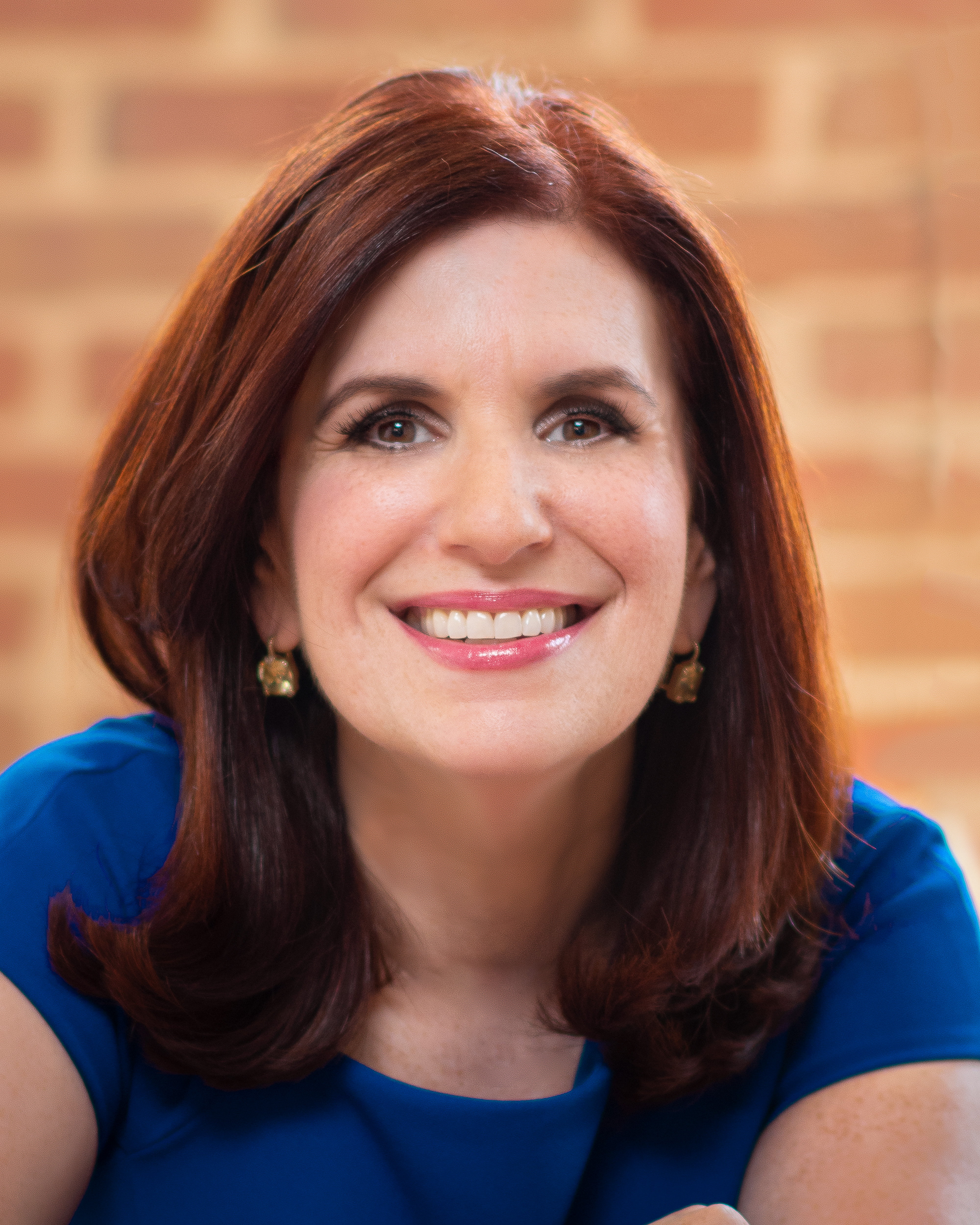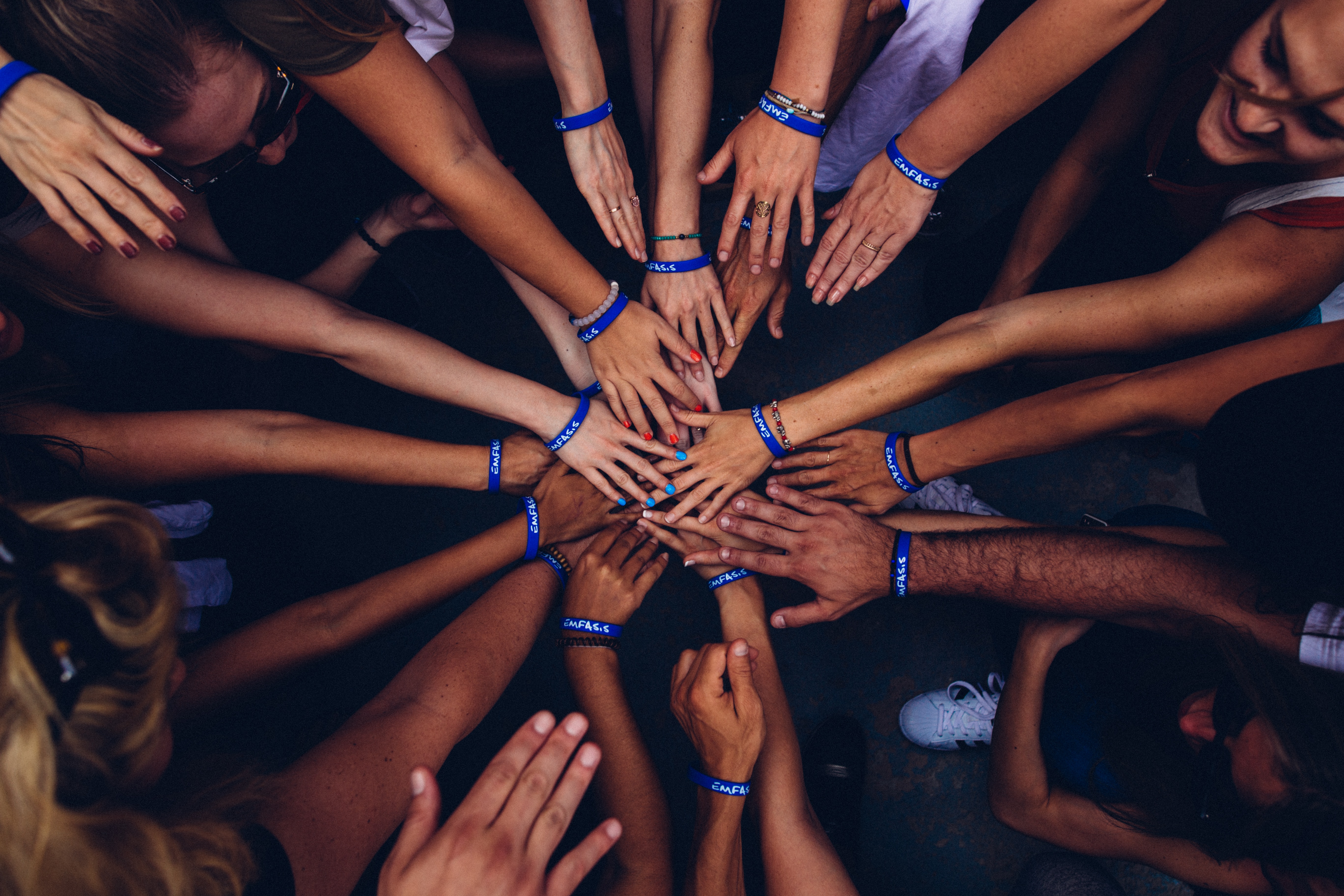It took me a while to find my groove growing up. Over the course of a decade, my mom enrolled me in activities like ballet, jazz dance, gymnastics, soccer, piano lessons and art. I was mediocre on a good day and inevitably quit after putting a year or two in due to lack of interest and talent. Then something amazing happened my freshman year of high school. I found my tribe. It was through the debate team, which once again, mom encouraged me to join. After getting written up for years for talking too much in class, I finally had a positive outlet for my gift for the gab. It didn’t matter that some peers thought debate was nerdy. I was all-in, building lifelong friendships and developing a skill that helped me get into my top college choice. That experience truly changed the trajectory of my life.
Over the decades, I’ve been part of multiple tribes, ranging from fellow early morning exercisers and communication professionals to executive coaches. So, what do I mean by a tribe? Technically, it is a social group where you share commonalities. It can be a family group, or the family you create. Or people with common interests or practices, like a religious, educational or civic group. I really like the way Lisa DeAngelis of Dragonfly Coaching, LLC, defines the term.
“These are the people who are more invested in who you’re becoming than who you have been,” she explained. “They are on the journey with you, whether it is just for a short period or the duration. These are the folks who are going to hold up the mirror to you, ask you the tough questions, pick you up and dust you off when you stumble, kick you in the butt when you are slacking, and be your biggest cheerleader. These are the people who you trust, who’ll be your truth tellers and have your best interests at heart.”
If you are looking to join a tribe or start one of your own, here are a few tips to get started:
- Focus on what you are passionate about. Do you love hip hop music, making beer, knitting scarves or fixing cars? There is a community of like-minded souls who can talk about those topics, or really anything under the sun, all day long. Just remember to be authentic to yourself.
- Build trust. As DeAngelis notes, people have to earn your trust. “So, you begin small, and over the course of exchanges the relationships get a little bit deeper, they get a little bit more trusting,” she said. “There are certain people who you know are going to be the voice of honesty. It involves being open to and curious about the relationships that come your way.”
- Determine what works best for you. Want to make new friends you can see in real life? Search local organizations that bring people together with similar personal or professional interests. If geography doesn’t matter, the internet makes it easy to connect with like-minded souls worldwide to help you celebrate successes, get encouragement when challenges arise, and reinforce the positive in your life. For example, I belong to a private Facebook group of about 40 people, most in our thirties, forties and fifties, who are focused on exercise and well-being. Participants live primarily in the UK, US, Canada, Australia and New Zealand, mostly because the organizer has lived around the world and makes friends as easily as other people breathe air. We cheer each other on, set weekly goals, vent when life goes sideways, and generally keep the positive motivation going non-stop. I haven’t met many of these wonderful people in real life yet, but it doesn’t matter. The daily check-ins always make me feel more upbeat and I cherish that tribe of virtual friends.
- Be honest about your level of commitment. I am lucky enough to get invited to join a lot of groups and meetings, most of which sound amazing. But time is precious to me and I can only make room for a few commitments that are close to my heart. As this book is being published, I hang out with my friend group tribes when time permits, check in with my international exercise group daily and have a second Facebook group I visit once or twice a week. But saying yes to any more would mean saying no to myself, and that doesn’t work for me anymore.
How has being part of a tribe impacted your life?


